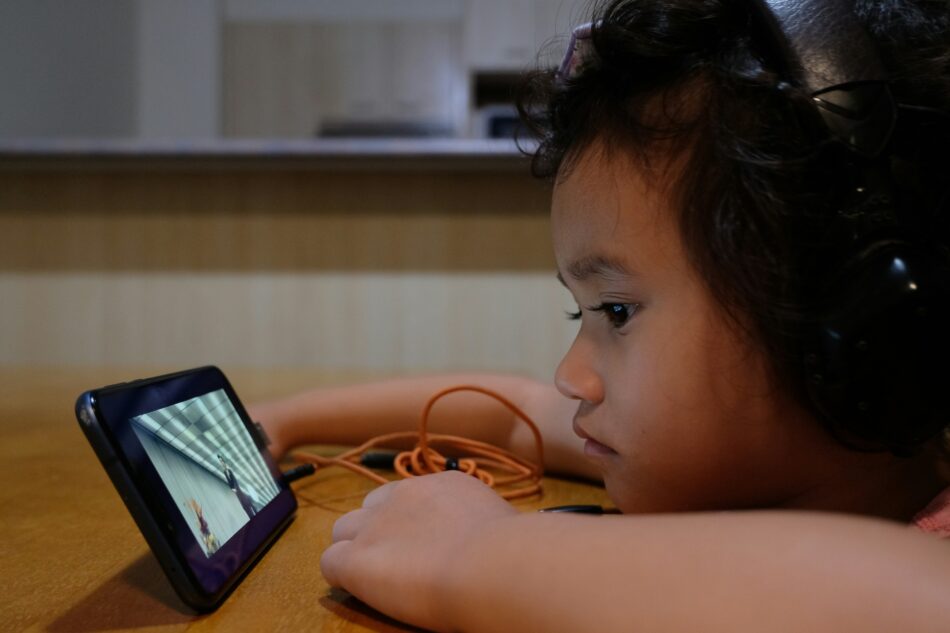Introduction
Motor skills are the foundation of independence for every child. From holding a spoon and tying shoelaces to running, drawing, and playing, these skills allow children to navigate their world. For children with Cerebral Palsy (CP), however, challenges in motor development often make everyday tasks more difficult.
Traditional therapy methods—like physiotherapy and occupational therapy—play a vital role, but they can sometimes feel repetitive for children. That’s why online games for cerebral palsy are changing the landscape. By blending play with therapy, these digital tools make motor skill development engaging, rewarding, and fun.
Understanding Motor Skills in Cerebral Palsy
Children with CP may struggle with both gross motor skills (large movements like walking or jumping) and fine motor skills (smaller tasks like grasping a pencil or buttoning a shirt).
-
Gross Motor Challenges: Balance, walking, climbing stairs, or running.
-
Fine Motor Challenges: Handwriting, feeding themselves, manipulating small objects.
-
Coordination Issues: Linking movements together, maintaining posture, or tracking with the eyes.
Improving these areas isn’t only about therapy—it’s about building confidence, independence, and participation in everyday life.
How Online Games Support Motor Skill Development
1. Encouraging Repetition Without Boredom
Repetition is the cornerstone of motor learning, but repeating the same exercise can feel frustrating. Online games transform repetitive therapy into exciting missions, keeping children engaged longer while they practice critical movements.
2. Interactive Full-Body Movement
Many AR-based games require children to move their arms, legs, and torso. For example, reaching out to “catch” virtual objects helps improve range of motion, posture, and coordination.
3. Fine Motor Practice Through Play
Games that involve pointing, grasping, or tapping foster dexterity and finger strength—essential for tasks like holding utensils, drawing, or using tools in school.
4. Balance and Posture Training
Balance-based games challenge children to maintain stability while interacting with on-screen tasks. Over time, this strengthens core muscles and improves overall posture.
5. Hand-Eye Coordination
Games requiring precise timing—like catching a ball or popping balloons on-screen—train the brain and body to work together, enhancing spatial awareness and reaction time.
WonderTree’s Motor-Skill-Focused Games
WonderTree designs digital therapy tools that are fun yet targeted toward specific developmental needs. For children with CP, motor-skill-oriented games include:
-
Balance It: Encourages core strength and stability.
-
Scoop’d: Requires hand control, coordination, and timing.
-
Interactive Movement Games: Improve flexibility, reaction, and gross motor skills.
Each session feels less like “therapy” and more like an adventure, which motivates children to return again and again.
👉 Explore how digital therapy games for CP help children strengthen their motor skills while having fun.
The Confidence-Motor Skills Connection
When children gain control over their movements, confidence naturally follows. Successfully catching a virtual ball, balancing longer than before, or completing a level makes children feel proud and capable. This confidence spills over into everyday life, encouraging them to try new challenges like climbing stairs independently or writing in class.
Parental & Therapist Involvement
Parents and therapists play a critical role in maximizing the benefits of online motor-skill games. Here’s how:
-
Set achievable goals: Focus on small wins (e.g., improved balance for 10 seconds).
-
Encourage consistent play: Short, daily sessions yield the best results.
-
Integrate with daily tasks: If a child practices scooping virtually, reinforce it with real spoon-feeding.
-
Celebrate progress: Acknowledge every improvement, no matter how small.
Broader Benefits Beyond Motor Skills
While these games primarily build motor ability, they also strengthen:
-
Cognitive Development: Problem-solving, memory, and sequencing.
-
Social Skills: Playing with siblings or peers in interactive modes.
-
Emotional Resilience: Learning persistence and enjoying success through play.
Conclusion
Motor skills form the building blocks of independence, and for children with cerebral palsy, online therapy games open exciting new possibilities. By combining movement, fun, and structured practice, platforms like WonderTree make therapy enjoyable and empowering.
Every time a child balances better, moves faster, or completes a new challenge, they’re not just strengthening their body—they’re building confidence for life.









